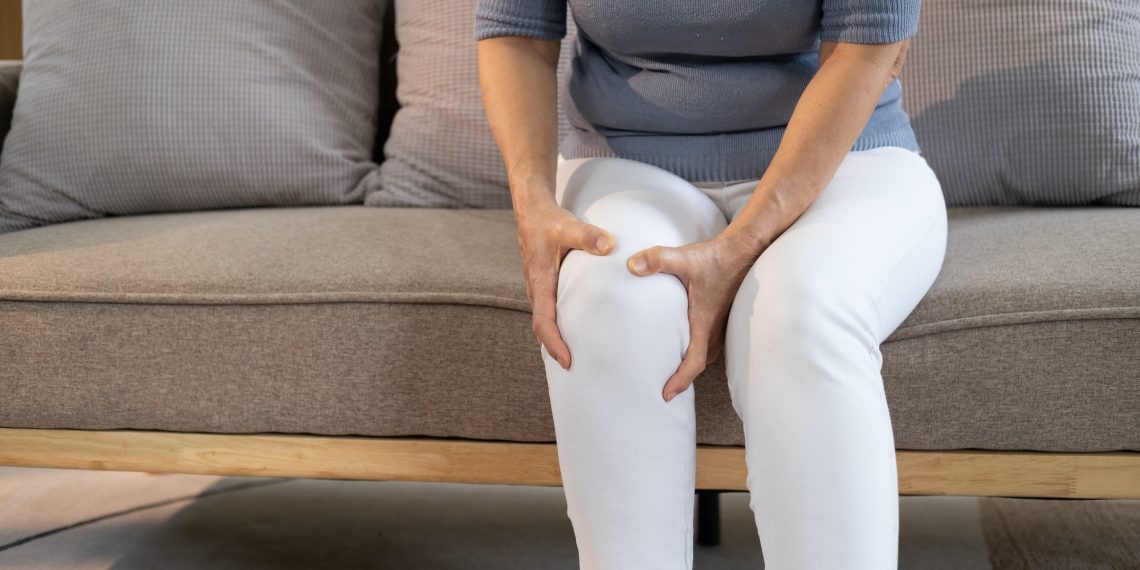Joint pain can significantly impact our daily lives, hindering mobility and causing discomfort. If you’ve ever experienced joint pain after working out or noticed it worsening at night, you’re not alone. In this comprehensive guide, we’ll explore the common causes of joint pain, delve into why you may experience joint discomfort after exercising, and shed light on why joint pain can intensify during nighttime. Discover practical insights and solutions to manage and alleviate joint pain for improved joint health.
What Causes Joint Pain?
Joint pain can stem from various factors, such as:
a. Inflammation:
Inflammatory conditions like arthritis can lead to joint pain and swelling as the body’s immune system attacks healthy joint tissues.
b. Overuse and Strain:
Repetitive movements or overexertion can strain the joints, causing pain and discomfort.
c. Injury:
Injuries or accidents affecting the joints can lead to acute or chronic joint pain.
d. Age and Wear and Tear:
The cartilage that cushions our joints may naturally deteriorate as we age, leading to joint pain and stiffness. Getting old sucks!
Why Do I Have Joint Pain After Working Out?
a. Microscopic Damage:
Intense workouts or high-impact exercises can cause microscopic damage to the joint tissues, leading to temporary inflammation and pain.
b. Delayed-Onset Muscle Soreness (DOMS):
After working out, your muscles can experience DOMS, which can indirectly contribute to joint discomfort as muscles and tendons surround and support the joints.
c. Joint Stress:
Some exercises stress the joints significantly, particularly weight-bearing activities, leading to post-workout joint pain. It’s worth noting that using perfect form and performing a movement through its full range of motion is one way to minimize the risk of excessive stress.
Why is Joint Pain Worse at Night?
a. Reduced Distractions:
You may become more aware of joint pain when trying to rest at night because of fewer distractions. This is rather obvious.
b. Fluid Redistribution:
When you lie down, fluid can accumulate in and around the joints, potentially exacerbating inflammation and pain.
c. Decreased Movement:
Inactivity during sleep can lead to joint stiffness, making pain more noticeable upon waking.
Conclusion:
Understanding the causes of joint pain, post-workout aches, and nighttime discomfort empowers you to take proactive steps to improve joint health. Remember to practice moderation in your workouts, incorporate joint-friendly exercises, and allow adequate time for recovery. If you experience persistent or severe joint pain, consult a healthcare professional for proper evaluation and personalized treatment options. You can embrace life with greater mobility and less discomfort by caring for your joints and adopting healthy lifestyle choices.
















